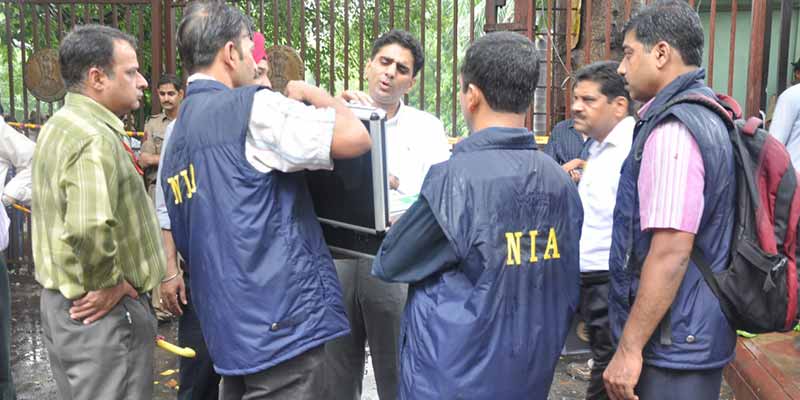- India
- Jul 16
LS passes Bill to give NIA more teeth
The Lok Sabha has passed a Bill to give more powers to the National Investigation Agency (NIA). The amendments to the NIA Act will allow the agency to probe terrorist acts against Indians and Indian interests abroad, cybercrimes and cases of human trafficking.
The NIA was set up in 2009 in the wake of the Mumbai terror attacks that had claimed 166 lives. Since 2017, the Union home ministry has been pushing for giving more powers to the NIA to meet fresh challenges.
Defending the Bill, Union Home Minister Amit Shah refuted the Opposition’s allegations of “misuse” of the NIA law to target members of a particular community, and stressed that people have given a mandate to the NDA government to protect the country from terrorism.
While 278 members supported its consideration, only six opposed it. The Bill was later passed by a voice vote.
NIA
The NIA Act was enacted on December 31, 2018 and the agency has been functioning as the central counter-terrorism law enforcement agency of the country.
The NIA aims to set the standards of excellence in counter-terrorism and other national security related investigations at the national level by developing into a highly trained, partnership oriented workforce.
Objectives of NIA:
* In-depth professional investigation of scheduled offences using the latest scientific methods of investigation and setting up such standards as to ensure that all cases entrusted to the NIA are detected.
* Ensuring effective and speedy trial.
* Developing into a thoroughly professional, result-oriented organisation, upholding the constitution of India and laws of the land giving prime importance to the protection of human rights and dignity of the individual.
* Developing a professional workforce through regular training and exposure to the best practices and procedures.
* Displaying scientific temper and progressive spirit while discharging the duties assigned.
* Inducting modern methods and the latest technologies in every sphere of activities of the agency.
* Assist all states and other investigating agencies in probing terrorist cases.
* Build a database on all terrorist-related information and share the database available with the states and other agencies.
* Study and analyse laws related to terrorism in other countries and regularly evaluate the adequacy of existing laws in India and propose changes as and when necessary.
The NIA is investigating as many as 272 cases and has filed charge-sheets in 199 of them. Out of the 272 cases, the courts have already delivered their judgments in 51; and in 46 cases, people have been convicted.
Key changes in the Bill
* The amended Bill allows the NIA to investigate human trafficking, offences related to counterfeit currency or bank notes, manufacture or sale of prohibited arms and cyberterrorism.
* NIA officers will have the same powers as other police officers in relation to investigation of such offences across India. They will also have the power to probe offences committed outside India, subject to international treaties and domestic laws of other countries.
* The central government may designate sessions courts as special courts for the trial of scheduled offences. The government is required to consult the chief justice of the High Court under which the sessions court is functioning, before designating it as a special court.

